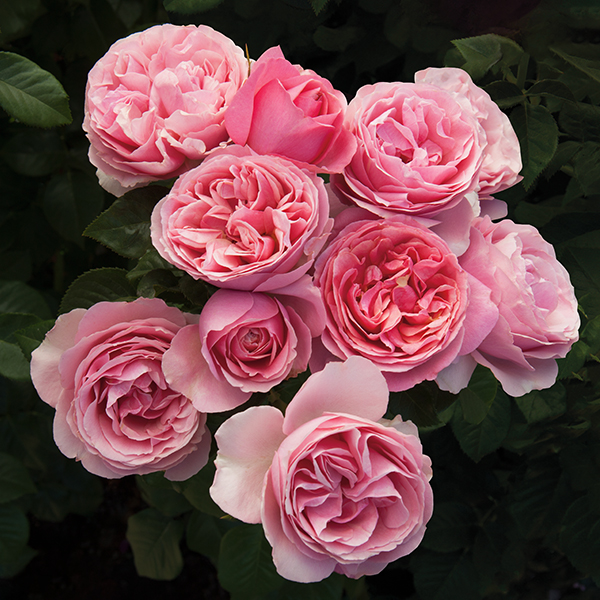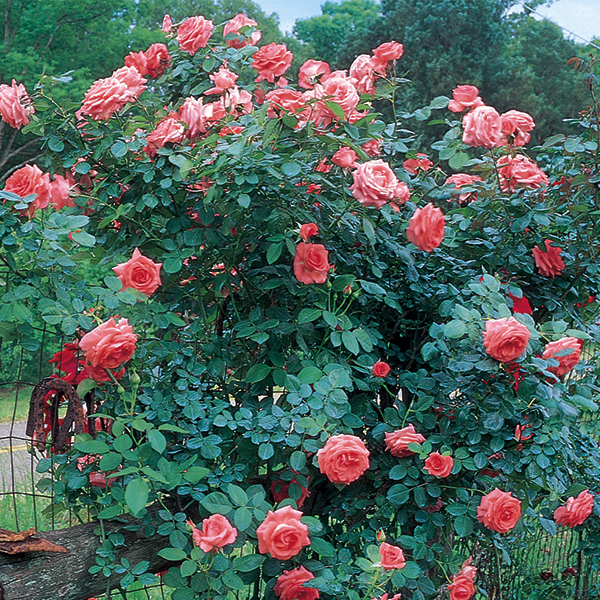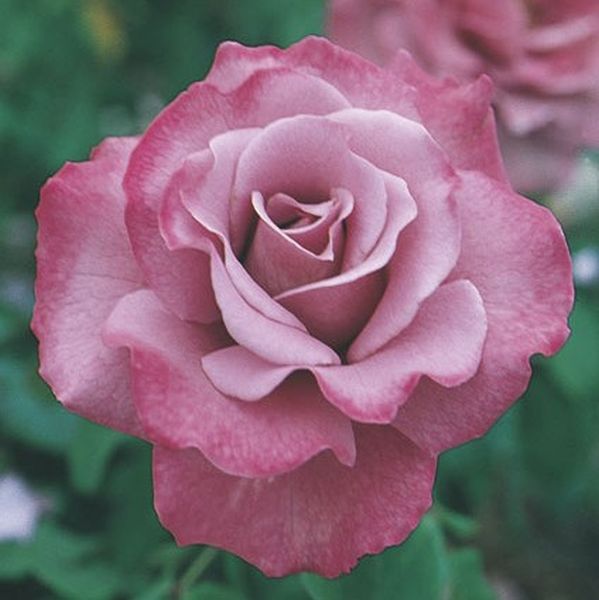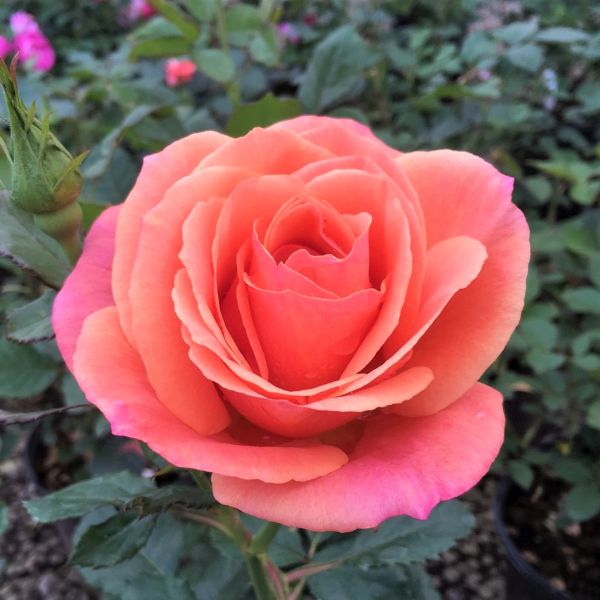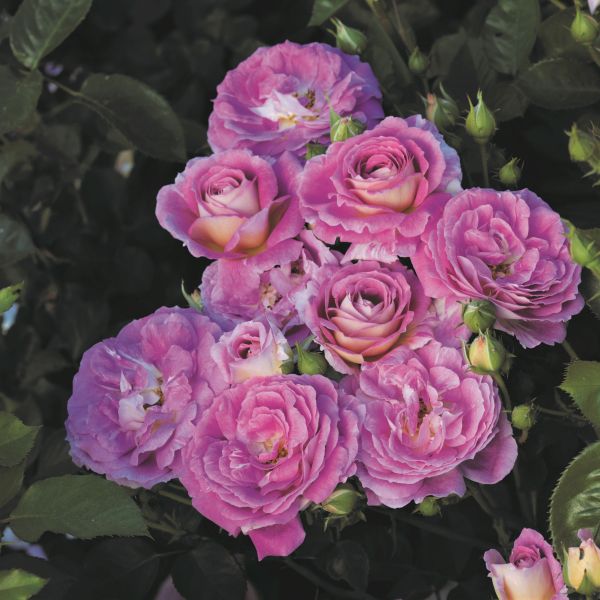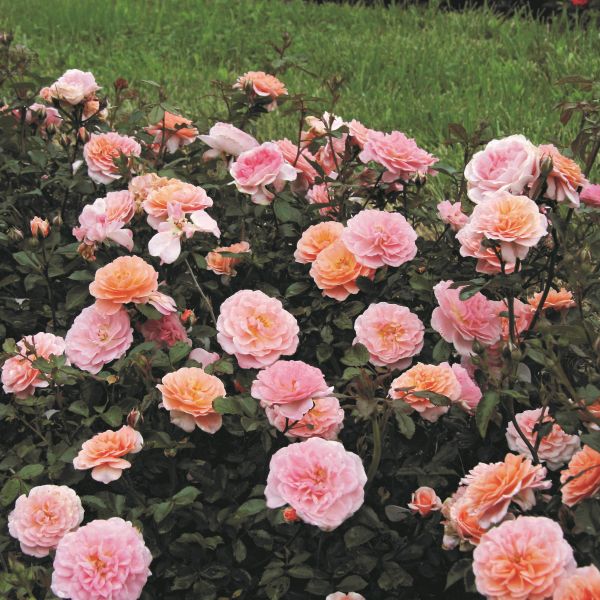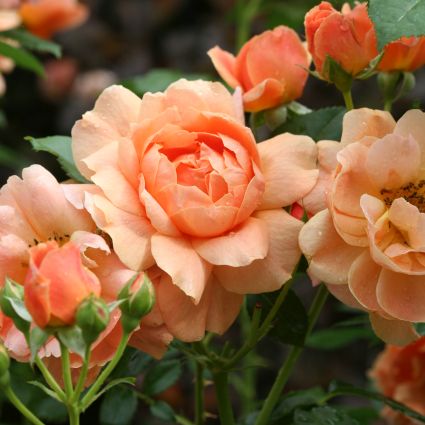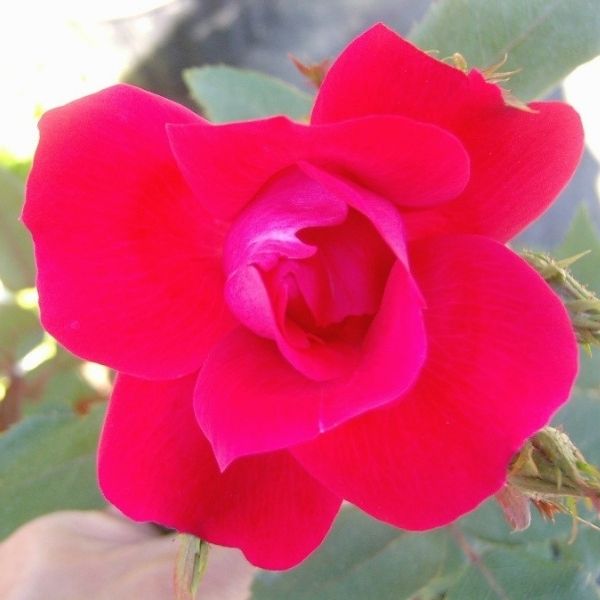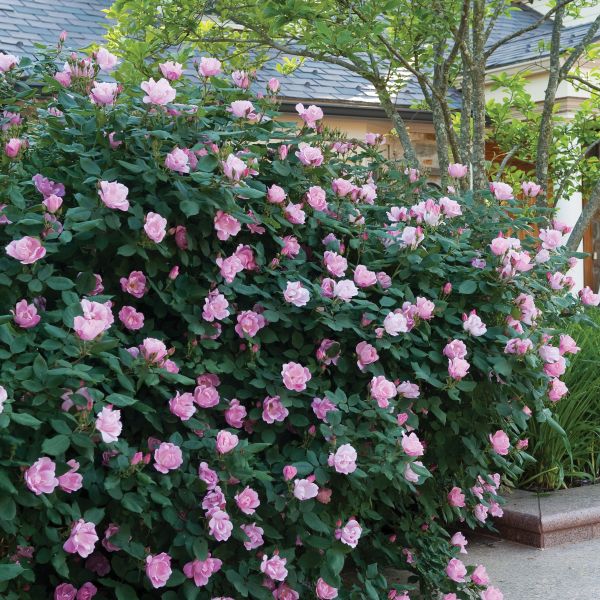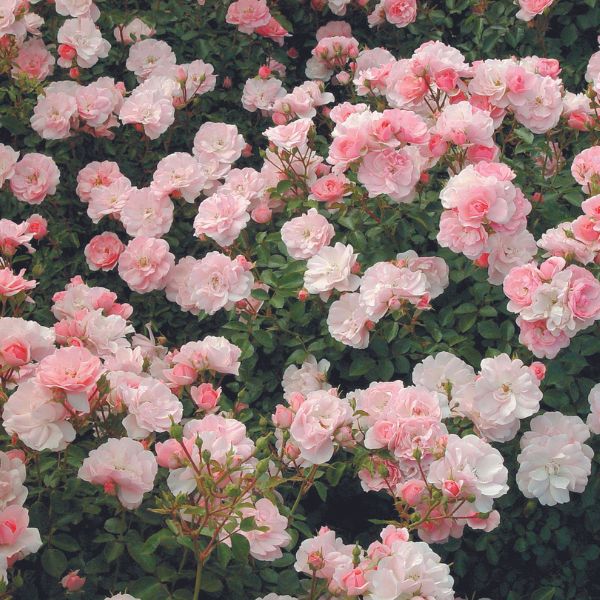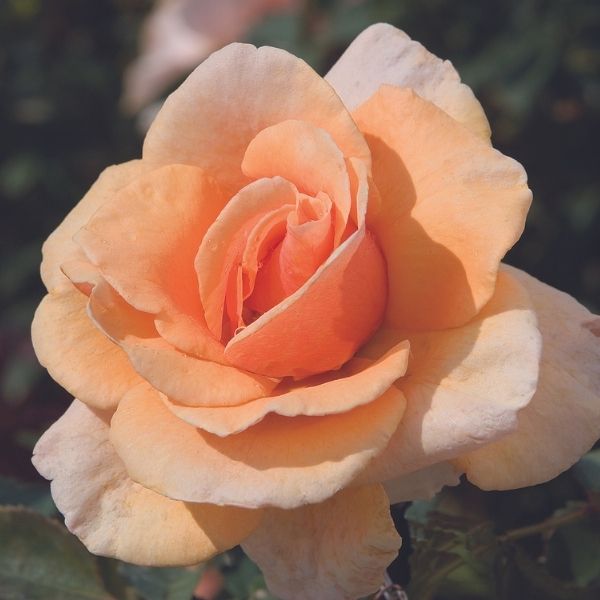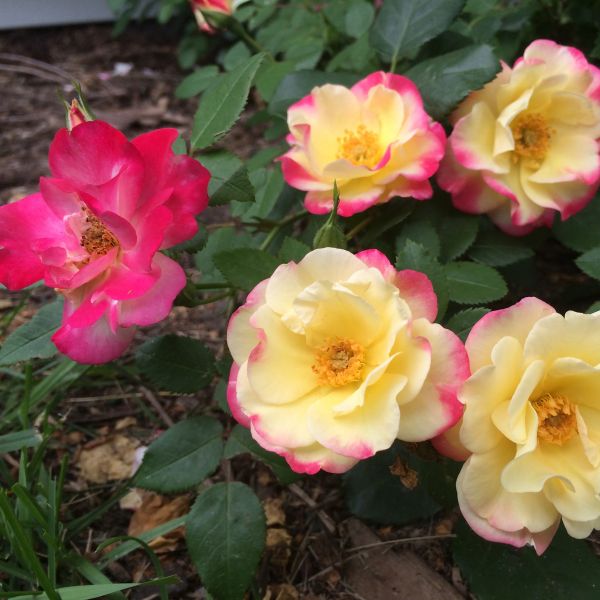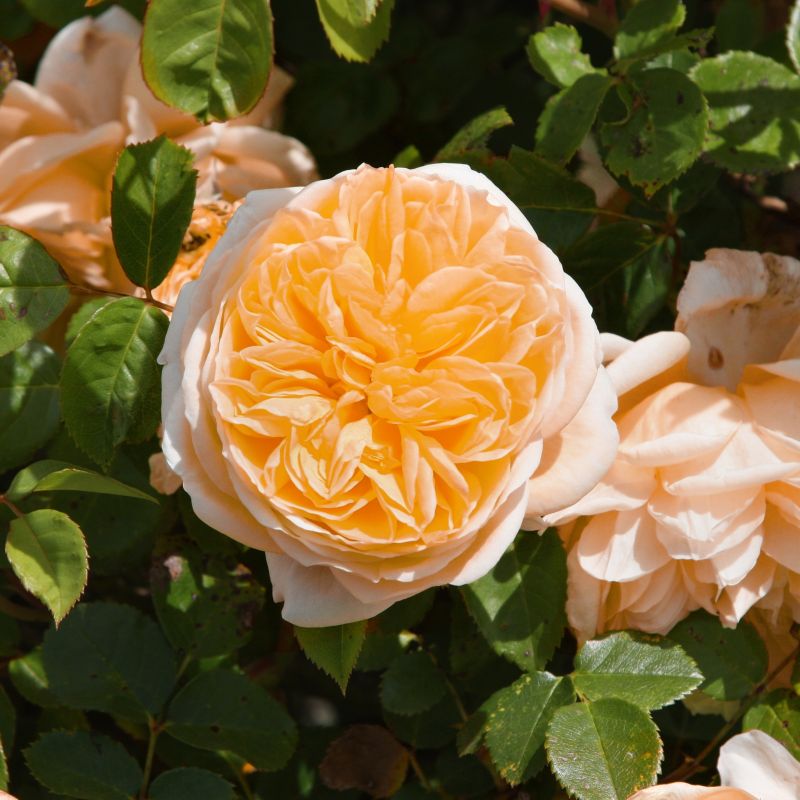
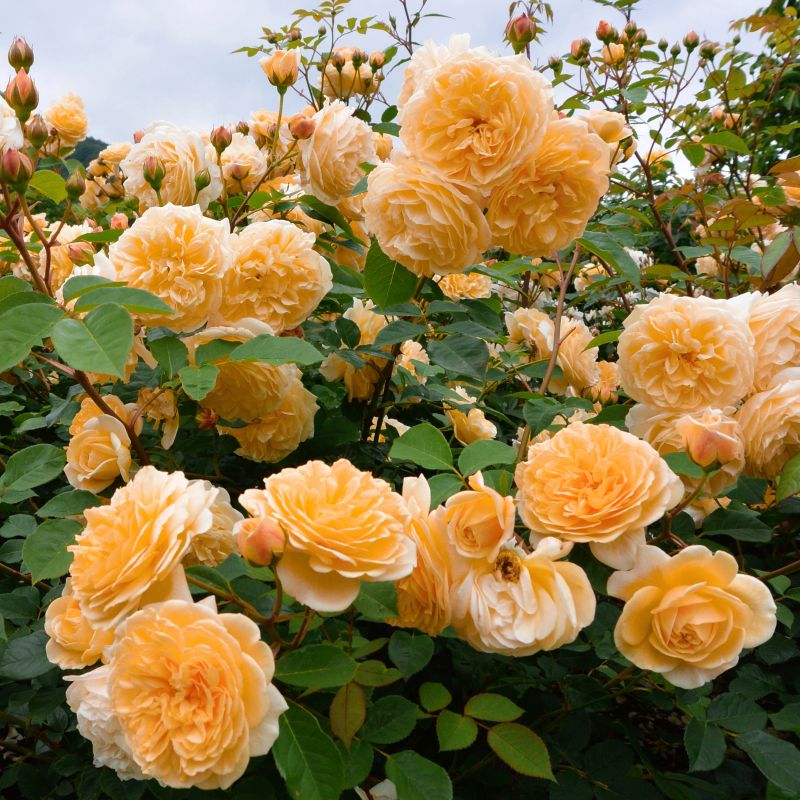
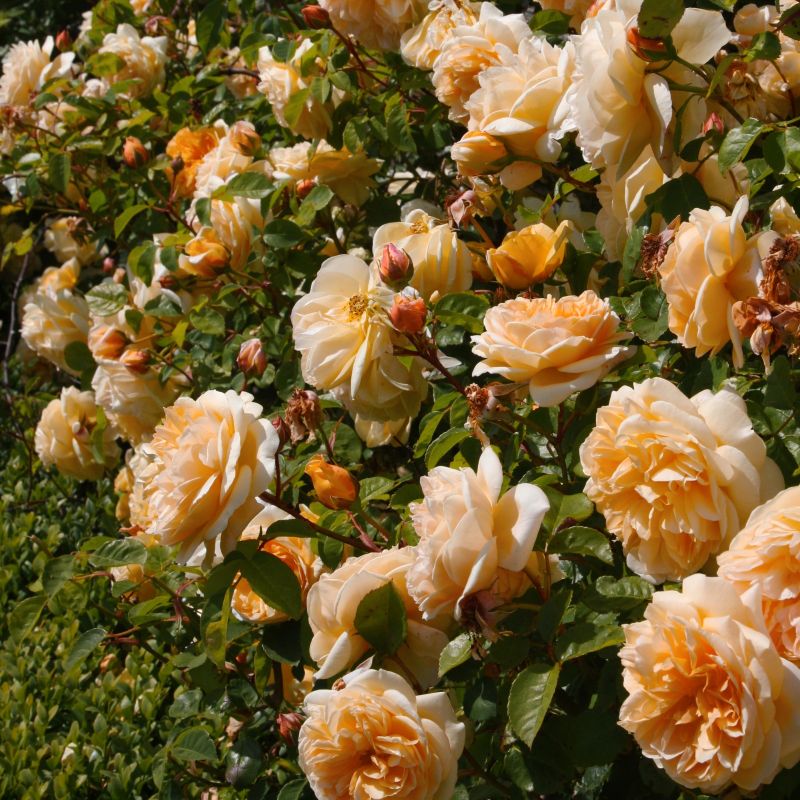
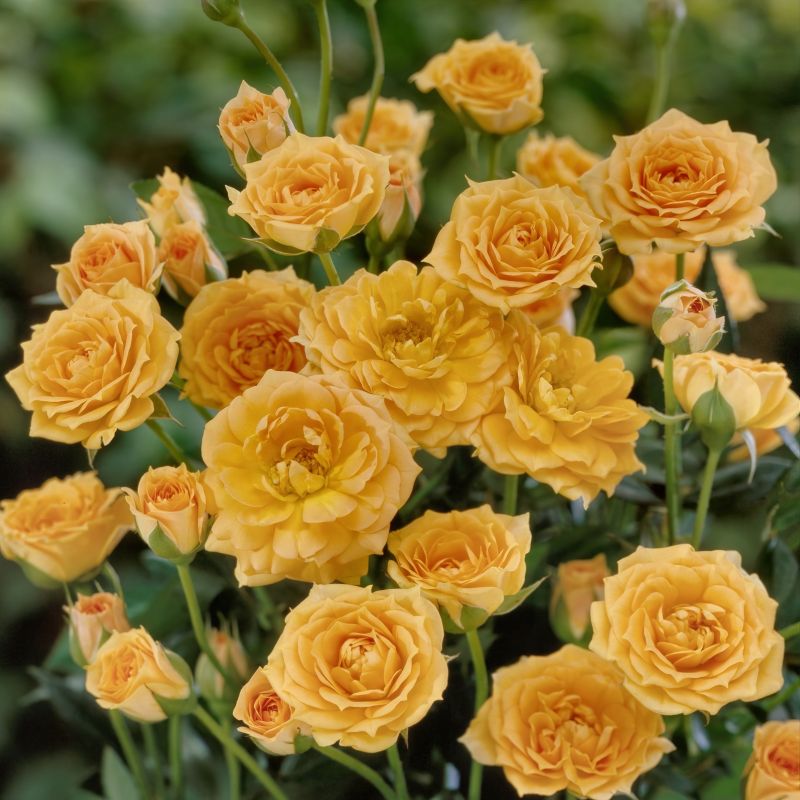

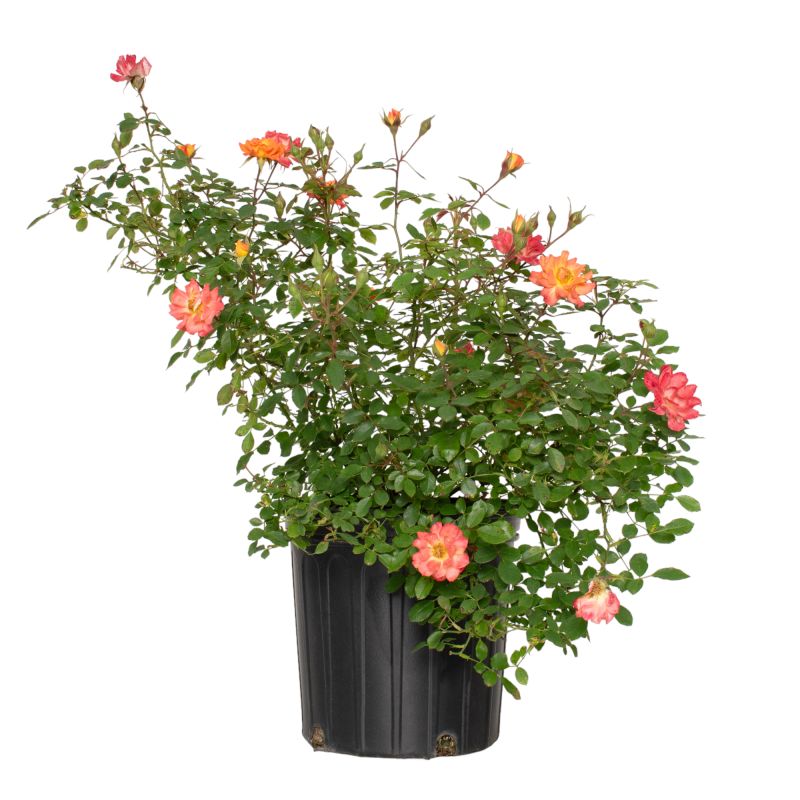






Rose Orange Honey
Rosa hybrida Orange Honey
12 reviews
Rose Orange Honey
Rosa hybrida Orange Honey
12 reviews
- Contains natural antioxidants
- Delicate floral and citrus flavor profile
- Sourced from local beekeepers
- Recommended by landscape designers for optimal fit in real yards
$37.00
$53.00
30% Off
- Ships to 43215 in 3 to 7 days
- Free Shipping Over $150
- Plant Arrival Guarantee
- In Stock
- Free Plant Consult
$200 - Landscape-Approved: Every Plant We Sell Comes With Design Expertise Behind It
- 2 1/2"
- 2 1/2", 3 Pack
- 2 Gallon
Not just beautiful - intentionally selected by ShrubHub's 3D landscape design team to fit real-world spaces and maximize yard potential.
Why Rose Orange Honey?
Rose Orange Honey is a stunning hybrid rose variety with vibrant orange blooms and a sweet honey-like fragrance. This unique flower adds a pop of color to any garden or floral arrangement. Its compact size makes it perfect for containers or small spaces. With its disease resistance and long blooming period, Rose Orange Honey is a must-have for any rose enthusiast.
People who loved this plant also bought
Sunlight
Rose Orange Honey thrives in full sun to partial shade, typically needing at least 6-8 hours of sunlight each day to grow and produce optimal blooms. Without enough sunlight, the plant may struggle to flower and may not reach its full potential.
Watering
Rose Orange Honey plants require regular watering to keep the soil consistently moist, but not waterlogged. It is important to allow the top few inches of soil to dry out slightly between waterings to prevent root rot. This plant prefers well-draining soil
Fertilizing
Rose Orange Honey requires a balanced fertilizer with a higher potassium content to promote blooming and overall plant health. A slow-release fertilizer specifically formulated for flowering plants is recommended, applied according to package instructions
Plant Information:
| Botanical Name: | Rosa hybrida Orange Honey |
| USDA Zones: | 5 - 11 |
| Mature Height: | 18-24 IN |
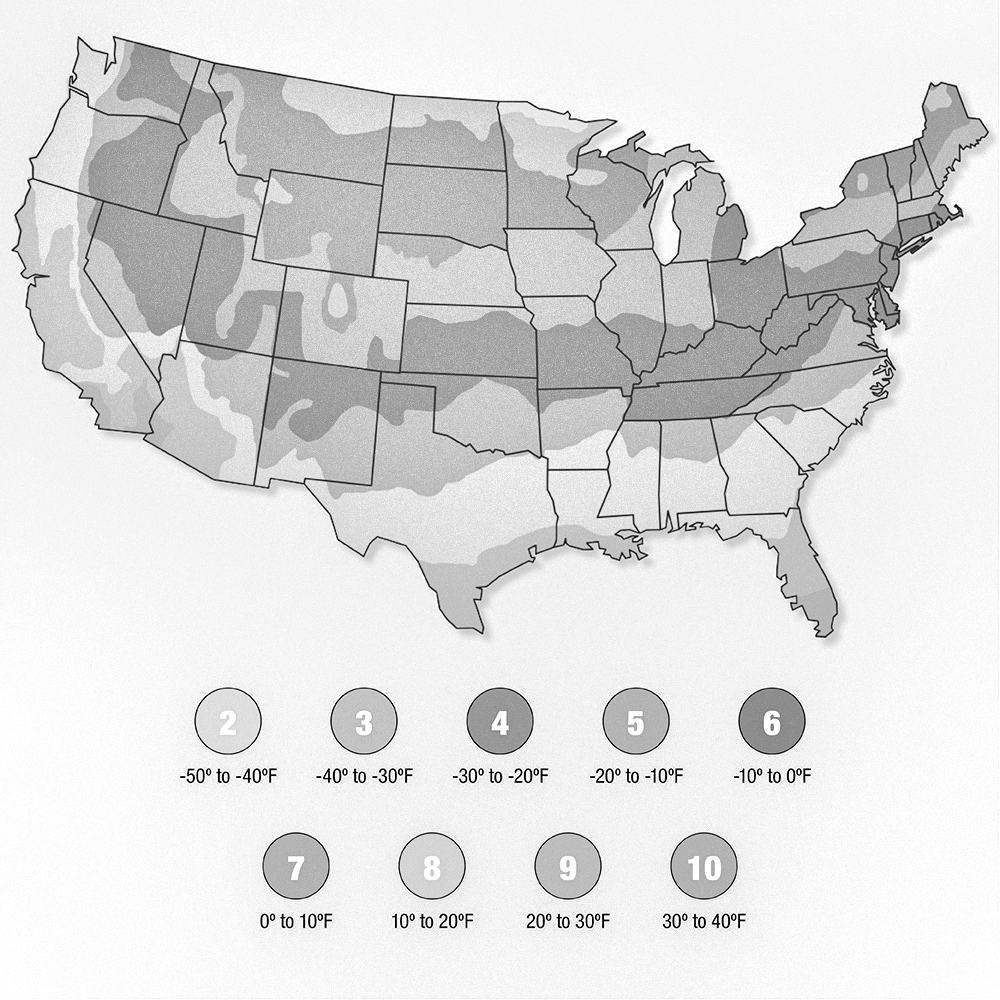



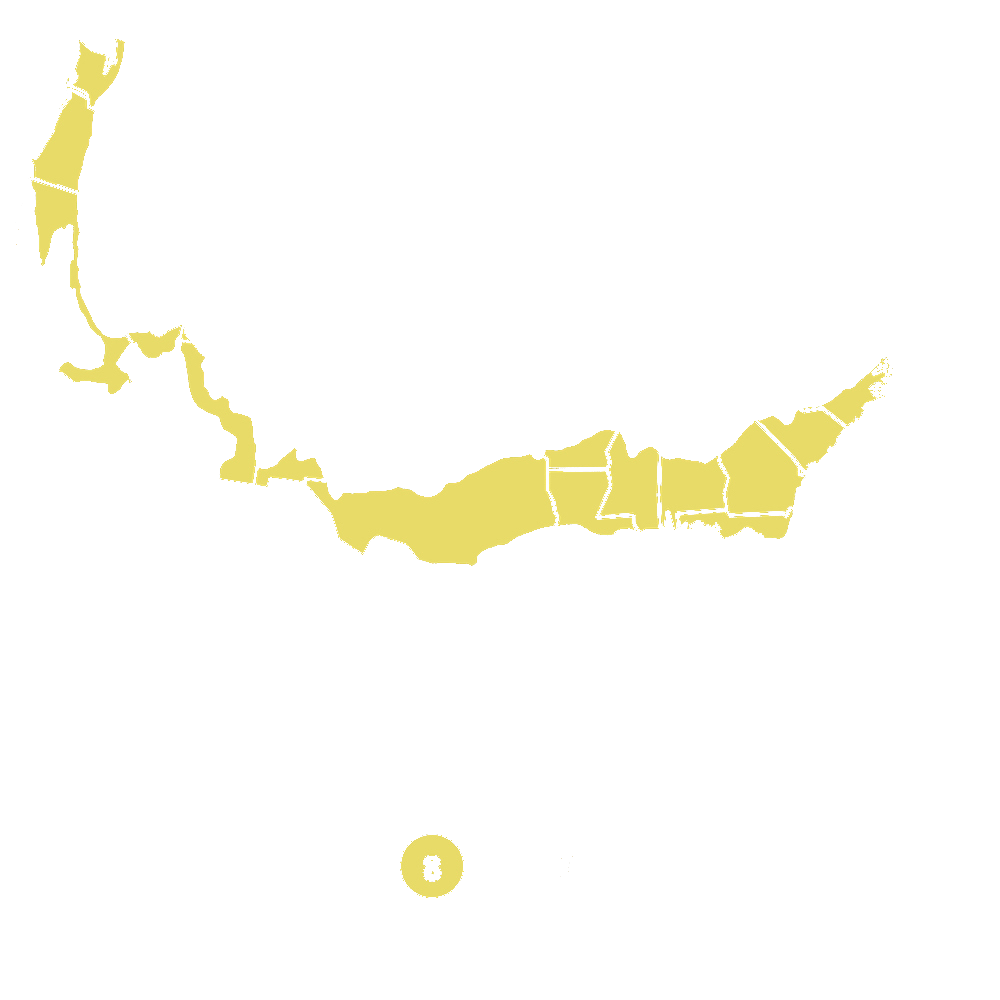


Pollination Info
Rose Orange Honey (Rosa hybrida Orange Honey) Pollination Info
Rose Orange Honey plants (Rosa hybrida Orange Honey) are hybrid roses that require pollination to produce seeds for reproduction. These plants are particularly attractive to bees, butterflies, and other pollinators.
Pollination Process:
When a pollinator visits the flower of a Rose Orange Honey plant to collect nectar or pollen, it inadvertently transfers pollen from one flower to another, facilitating cross-pollination.
Types of Pollinators:
- Bees: Bees are one of the most efficient pollinators for Rose Orange Honey plants. They are attracted to the bright colors and sweet fragrance of the flowers.
- Butterflies: Butterflies are also important pollinators for Rose Orange Honey plants, although they may not be as efficient as bees.
- Other Insects: Various other insects, such as beetles and flies, may also contribute to the pollination of Rose Orange Honey plants.
Importance of Pollination:
Pollination is essential for the production of seeds in Rose Orange Honey plants, which leads to the formation of new plants. It also helps in the genetic diversity of the plant population.
Enhancing Pollination:
Planting a variety of flowering plants near Rose Orange Honey plants can attract more pollinators and enhance the pollination process. Avoiding the use of pesticides that can harm pollinators is also important.
FAQ
Rose Orange Honey (Rosa hybrida Orange Honey) FAQ
What is Rose Orange Honey?
Rose Orange Honey is a variety of hybrid rose (Rosa hybrida) that produces orange-colored blooms. It is known for its vibrant color and sweet fragrance.
How do I care for Rose Orange Honey plants?
Rose Orange Honey plants require full sun to partial shade and well-drained soil. They should be watered regularly, especially during hot, dry periods. Pruning dead or damaged branches and fertilizing occasionally can help promote healthy growth.
When do Rose Orange Honey plants bloom?
Rose Orange Honey plants typically bloom in late spring to early summer. The orange blooms can last several weeks, adding a burst of color to your garden.
Can Rose Orange Honey be grown in containers?
Yes, Rose Orange Honey plants can be grown in containers as long as they have enough space for root growth and receive adequate sunlight and water. Make sure to use well-draining soil and fertilize as needed to keep the plant healthy.
Are Rose Orange Honey plants fragrant?
Yes, Rose Orange Honey plants are known for their sweet, citrus-like fragrance. The scent of the orange blooms can attract bees and other pollinators to your garden.
How can I propagate Rose Orange Honey plants?
Rose Orange Honey plants can be propagated through stem cuttings or by grafting. Cuttings should be taken from healthy, established plants and rooted in potting soil or water. Grafting involves joining a stem or bud from a desired plant onto a rootstock to create a new plant.
Where can I purchase Rose Orange Honey plants?
Rose Orange Honey plants can be purchased from nurseries, garden centers, or online plant retailers. Make sure to choose a reputable source to ensure the quality of the plant.
Can Rose Orange Honey plants be grown indoors?
Rose Orange Honey plants are best suited for outdoor cultivation where they can receive ample sunlight and fresh air. However, they can be grown indoors in a bright, sunny location if proper care is taken to meet their growing requirements.
Are Rose Orange Honey plants disease-resistant?
Rose Orange Honey plants are generally healthy and resistant to common rose diseases. However, they may be susceptible to pests such as aphids, spider mites, and powdery mildew. Regular monitoring and proper care can help prevent and manage these issues.
Planting & Care
Planting & Care for Rose Orange Honey
Planting: Choose a sunny spot with well-draining soil to plant your Rose Orange Honey. Dig a hole twice as wide and deep as the root ball of the plant. Place the plant in the hole and fill it back in with soil, patting it down gently.
Watering: Water your Rose Orange Honey deeply once a week, allowing the soil to dry out slightly between waterings. Be sure not to overwater, as this can lead to root rot.
Pruning: Prune your Rose Orange Honey in late winter or early spring to encourage new growth and flowering. Remove any dead or diseased branches, as well as any crossing or overcrowded branches.
Fertilizing: Feed your Rose Orange Honey with a balanced fertilizer in the spring, just as new growth begins. You can also apply a bloom booster fertilizer in the summer to promote more blooms.
Pests & Diseases: Keep an eye out for common rose pests such as aphids, mites, and Japanese beetles. Treat any infestations promptly with insecticidal soap or neem oil. Also, watch for signs of diseases such as powdery mildew or black spot, and treat accordingly.
Winter Care: In colder climates, protect your Rose Orange Honey from frost by covering it with a layer of mulch or burlap. You can also gently wrap the plant in burlap for added insulation.
With proper care and maintenance, your Rose Orange Honey will reward you with beautiful blooms and a lovely fragrance throughout the growing season.
Check Out These Verified Customer Reviews:
Customer Reviews
4.8 out of 5 based on 12 reviews
Thank you! Your review has been submitted.
The honey smells amazing.
Smooth transaction, quality product.
Great website experience, easy to navigate and check out. The honey itself is top-notch.
Item has been added to your cart.



